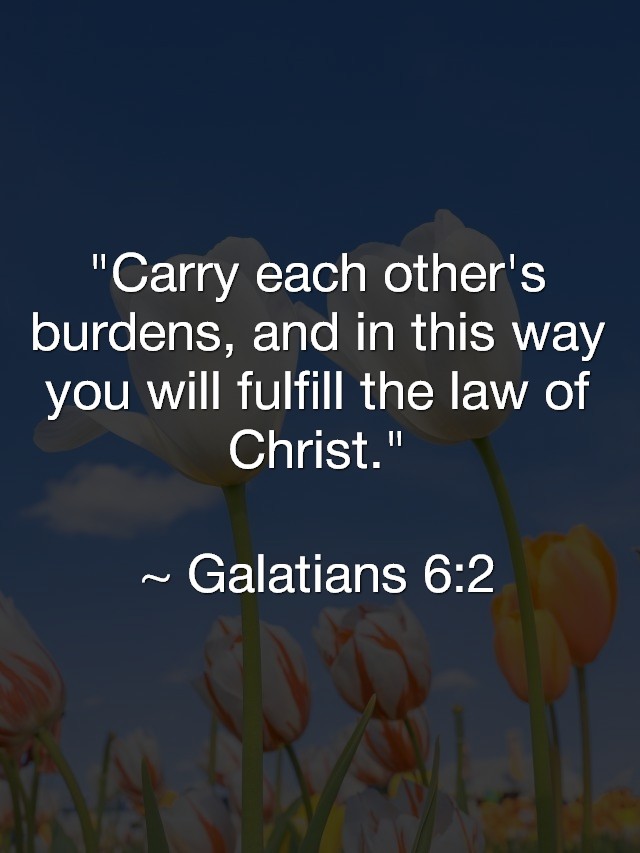You are in a relationship with someone who is going through a very difficult time. Your partner is entangled in a prolonged divorce process, has children from the previous marriage, and is living with his parents. While the relationship started well, things have taken a concerning turn in recent months.
Your partner has become increasingly withdrawn, avoids meaningful conversations, and has stopped bringing his children during visits. He sleeps excessively for days, misses planned activities, and even ghosted you for a week, nearly forgetting your birthday. This behavior seems to coincide with his use of prescription medications like Xanax and Adderall, which he mixes with alcohol.
You are deeply concerned about his health and safety, especially since he drinks while driving his children. Despite his talks of a future together, his increasing withdrawal from the relationship and concerning behavior have left you feeling hurt, stuck, and unsure of how to proceed.
Biblical Perspective
From a Christian perspective, it is clear that your partner is struggling with addiction and mental health issues, which are taking a toll on your relationship. The Bible teaches us to bear one another’s burdens (Galatians 6:2) and to love one another as Christ loved us (John 13:34).
However, it is also important to set healthy boundaries and not enable destructive behavior. Proverbs 27:12 warns, “The prudent see danger and take refuge, but the simple keep going and pay the penalty.” Your partner’s actions are putting himself and his children at risk, and you cannot ignore this danger.
Seeking Professional Help
The first step is to encourage your partner to seek professional help for his addiction and mental health issues. Addiction is a disease that requires medical treatment and counseling. You cannot fix him or force him to change, but you can express your concerns and support him in seeking help.
If he is unwilling to seek help, you may need to involve his family or even the authorities, especially if his behavior puts his children at risk. As Christians, we are called to obey the laws of the land (Romans 13:1-2), and child endangerment is a serious matter.
Setting Boundaries
While you love your partner and want to support him, you cannot enable his destructive behavior or put yourself in harm’s way. Setting healthy boundaries is essential for your own well-being and for encouraging positive change in your partner.
This may mean limiting contact or even temporarily separating until he seeks help and demonstrates a commitment to recovery. It is not unloving to distance yourself from someone who is actively engaging in self-destructive behavior; rather, it is a form of tough love that may be necessary to wake them up to the seriousness of their situation.
Seeking Support
Supporting a partner through addiction and mental health issues can be emotionally and mentally draining. It is crucial that you seek support for yourself as well. Lean on your Christian community, attend support groups (such as Al-Anon for loved ones of addicts), and consider seeking counseling to help you navigate this difficult situation.
Remember, you are not alone, and you do not have to carry this burden alone. God promises to be a refuge and strength in times of trouble (Psalm 46:1), and He has given us the body of Christ to bear one another’s burdens.
Prayer
Dealing with a partner’s addiction and mental health issues is a complex and challenging situation. While love and support are essential, enabling destructive behavior or putting yourself in harm’s way is not the answer.
Encourage your partner to seek professional help, set healthy boundaries, and seek support for yourself. Above all, trust in God’s wisdom and strength to guide you through this difficult time. With faith, patience, and wise counsel, there is hope for healing and restoration, even in the darkest of circumstances.
“For I am convinced that neither death nor life, neither angels nor demons, neither the present nor the future, nor any powers, neither height nor depth, nor anything else in all creation, will be able to separate us from the love of God that is in Christ Jesus our Lord.” (Romans 8:38-39)





